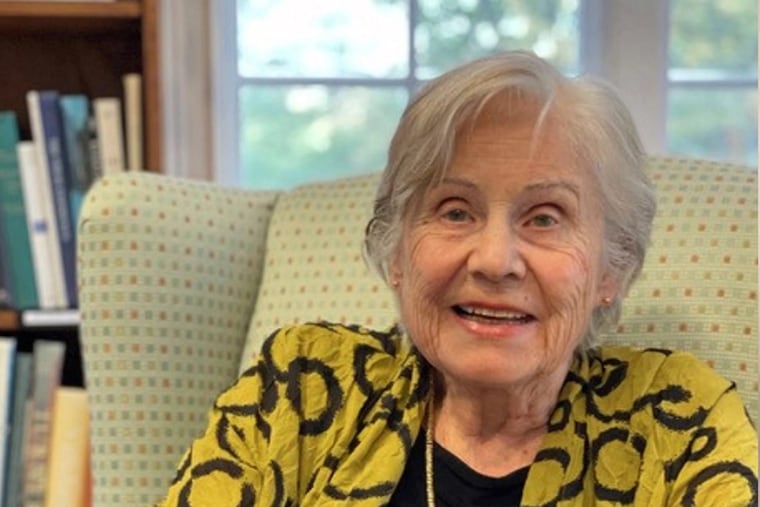Experts on aging, now seniors, share their updated perspectives on aging and its challenges.
As the demographic landscape continues to shift in the United States, the insights of professionals who study aging are becoming increasingly invaluable. Robyn Golden, 67, a social worker for older adults and associate vice president of social work and community health at Rush University in Chicago, embodies the challenges and opportunities that arise with advancing age. Throughout her career, Golden has encouraged her clients to remain active, drawing inspiration from their adaptability. However, her personal journey has illuminated the complexities of embracing new experiences in later life.
Last year, Golden decided to take a pickleball class, anticipating that she would keep pace with younger participants. When she struggled to improve, thoughts of quitting emerged. However, a conversation with a friend helped her reframe her perspective, leading her to realize the vast age difference between herself and her classmates. Golden persevered and now plays weekly, an experience that resonates with many other professionals in the field of aging.
Experts who have dedicated their careers to understanding the aging process describe a transformative shift in their perspectives as they navigate their own senior years. This shared experience often alters their advice to clients. While the obstacles confronting older adults are numerous—rising healthcare costs, a lack of affordable housing, and exorbitant assisted living fees—they also recognize the joys that can accompany this stage in life.
Among the key takeaways from discussions with experts in the field are the importance of pursuing meaningful projects post-retirement. For instance, Katharine Esty, a psychologist at 90, emphasizes that individuals engaged in fulfilling activities tend to experience better mental and physical health. Esty’s research highlights that meaningful pursuits, whether teaching, exploring new hobbies, or engaging in creative endeavors, contribute significantly to happiness and longevity.
Additionally, adaptability emerges as a crucial theme. Bruce Leff, a physician specializing in geriatric care, notes that as individuals age, they must adjust their expectations and focus on acceptance. This adaptability enables older adults to find happiness amid life’s inevitable challenges, such as loss and health changes.
Research has also shown that maintaining a positive outlook on aging can influence physical and mental well-being. Ellen Langer, a psychology professor at Harvard University, notes that the mindset of individuals about aging significantly impacts their health outcomes.
These reflections underscore the necessity of being kind to oneself and recognizing that aging does not have to be synonymous with decline. As Michael Schuchert, a personal trainer, reveals, adjusting expectations about physical capability is crucial for maintaining an active lifestyle.
In summary, the evolving discourse surrounding aging presents important lessons both for older adults and their caregivers. Embracing new experiences, maintaining adaptability, and focusing on meaningful pursuits can lead to a fulfilling and healthy later life. These insights not only inform the strategies for enhancing the lives of seniors but also enrich the understanding of aging for all generations.
This comprehensive look at the experiences and views of aging experts, compiled by Media News Source, suggests that growing older can be a period of personal growth and exploration rather than mere decline.







